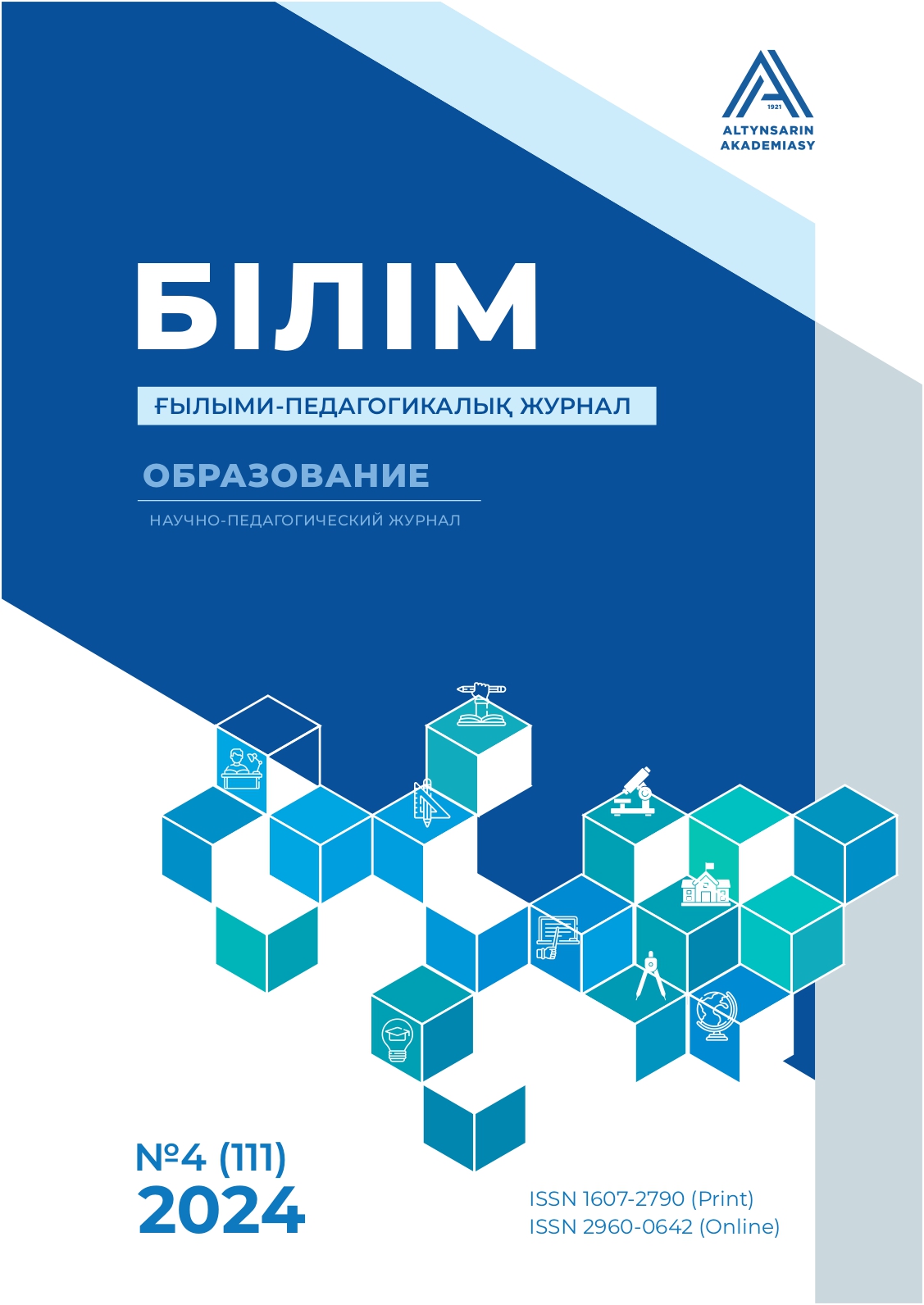Innovative approaches in education: the role of micro- and nano-learning as a mechanism for achieving flexibility in primary school
DOI:
https://doi.org/10.59941/2960-0642-2024-4-69-88Keywords:
micro-learning, nano-learning, lifelong learning, online learning, innovation, elementary school, flexibilityAbstract
The article examines the implementation of micro- and nano-learning as innovative approaches to increase flexibility and effectiveness of education in primary schools. Micro-learning is characterized by brief learning sessions (up to 10-15 minutes), the use of digital technologies, and a focus on small, clearly defined portions of information. Nano-learning, being an extreme form of micro-learning, is distinguished by even shorter duration (less than a minute) and high specificity. The aim of the study is to examine the effectiveness of micro- and nano-learning in primary schools as innovative methods for increasing the flexibility of the educational process, to analyze their potential, and to develop recommendations for their integration into the existing primary education system. The research is based on literature analysis and experimental evaluation of knowledge acquisition effectiveness by teachers after training in micro- and nano-lesson methodologies. The authors emphasize the advantages of individualized learning and its potential for developing critical thinking and creative approaches in students. The experiment included teacher preparation, development of a series of micro- and nano-lessons, their implementation in the educational process, and evaluation of results. The outcomes showed an increase in academic performance, motivation, and engagement of school’s students in the experimental group. The results of the study can be useful for educators and specialists in primary and secondary education who are striving to improve pedagogical practice and enhance the quality of education. The authors conclude that micro- and nano-learning have a significant impact on the educational process, increasing the level of material assimilation and allowing the adaptation of learning to individual student needs.
 ҚАЗ
ҚАЗ РУС
РУС ENG
ENG
